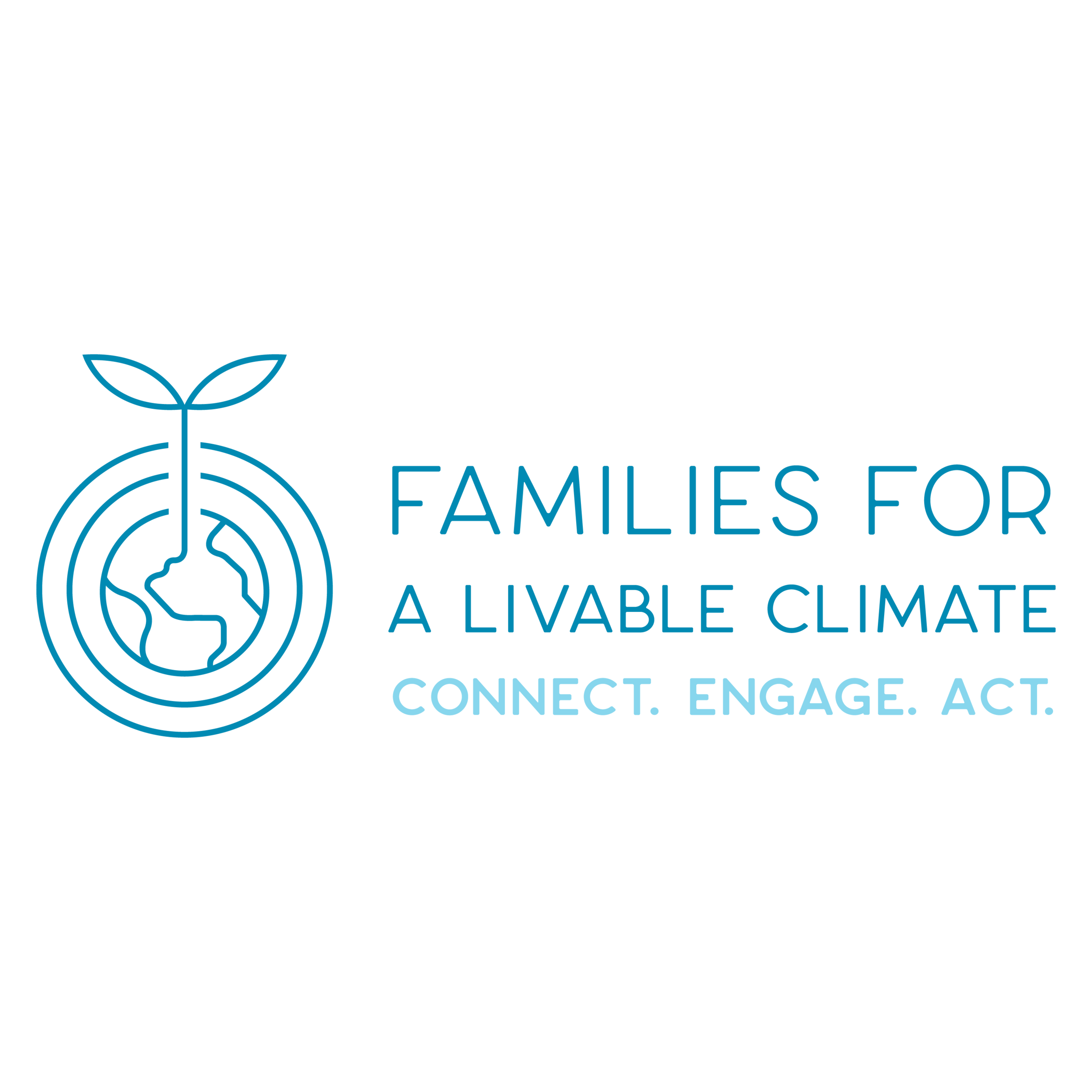Say Yes to Bipartisan Support for Phasing Out Polystyrene Food Containers
Written by Youpa Stein, a volunteer with MT Plastic Free Missoula and Volunteer Co-chair Families for a Livable Climate Plastics Working Group.
HB 477, carried by Representative Marler (D) (for the 4th time) and co-sponsored by Senator Yakawich (R), is a bill to enact a statewide ban to eliminate expanded polystyrene foam in food related businesses (with the exception of meat, fish and egg trays). This material is also known as EPS and as “Styrofoam”- which is a brand name. EPS is bad for health and the environment. It isn’t made in Montana and it can’t be recycled. HB 477, with some bipartisan support, passed out of the House and has moved onto the Senate where it will be heard on April 7 in the Natural Resources Committee at 3pm.
During the House 2nd Reading House debate (link to view) there were different points of view about how to solve the problem of EPS. Rep. Maness (R) opposed the bill. He stated, “we should rely on the free markets to resolve this particular issue.” Several Republican Representatives countered that the “free market” was not the answer for this issue. Rep. Bedey (R) stated “.... free markets aren’t perfect. In the instance where we have things referred to as externalities… the best example of that is pollutants put forward by industrial plants. In this case, it's “styrofoam” that populates our landfills or litter… and in the case where externalities are at work within our free market system, it's absolutely appropriate to contemplate regulation in those particular cases.”
HB 477 is a reasonable and timely phase out of EPS containers from the restaurant and food industries. Almost weekly we hear more news about the harms of plastics. Plastics pollute at every stage and never go away. These materials break down into smaller and smaller pieces known as micro and nano plastics (MNPs) which are in our air, water, soil and our bodies. MNPs can cause obstruction and inflammation and many chemicals that are part of plastics are known to be neurotoxins, carcinogens and endocrine disrupting chemicals. “Polystyrene is based on styrene, a neurotoxin and probable carcinogen. The presence of unbound styrene in the containers, the ability of this styrene to contaminate food, and the documented hazards of styrene exposure provide compelling reasons to use other materials.”
Health issues affect all Montanans regardless of party affiliation. Several Republican Representatives spoke in favor of the bill in the House floor debate. Here are a couple examples of proponents who talked about health concerns and support for business innovations for alternative products:
Rep. Theil (R), stated that there are real health concerns with “styrofoam” including hormone disrupting impacts which are especially “not good for children and pregnant women.” She said while most of the time she supports the free markets dictating change she stated, “Part of our role is to protect consumers and I believe this is a health concern that fits into that role.”
Rep. Gist (R) talked about how he sees the bill as a way to move forward in a “more positive direction.” He talked about how the bill could stimulate more growth of businesses utilizing Montana agricultural byproducts to create alternative compostable products and then after use, utilizing those materials for soil enhancement products.
Rep. Zolnikov (R) talked about how with certain issues we can come together in a bipartisan manner. She spoke about the health concerns of microplastics and talked about how at times there is a place for government regulation. She referenced the young women who painted radium on clock dials in the early part of the 1900’s. “While we didn't know then what we now know about radium… these girls suffered tremendously and radium paint was eventually banned… Asbestos has also been banned because while it was a great product for a certain amount of time, we learned more about the health implications and it was banned. So it's not … unprecedented for the government to make regulations about materials that we find to be harming people.”
As Rep. Marler has stated, “there are times when government intervention is needed for the good of a greater cause.” The scale of the problems with polystyrene, the urgent need to protect health and the externalized costs all point to the need for responsible regulations. In this case we can’t afford to wait for an abstract theoretical future market response when we have a solution at hand. Help make Montana cleaner and safer and support business innovations and resilience. Contact your Senator and the Senate Natural Resources Committee by April 7 and ask them to support HB 477.


